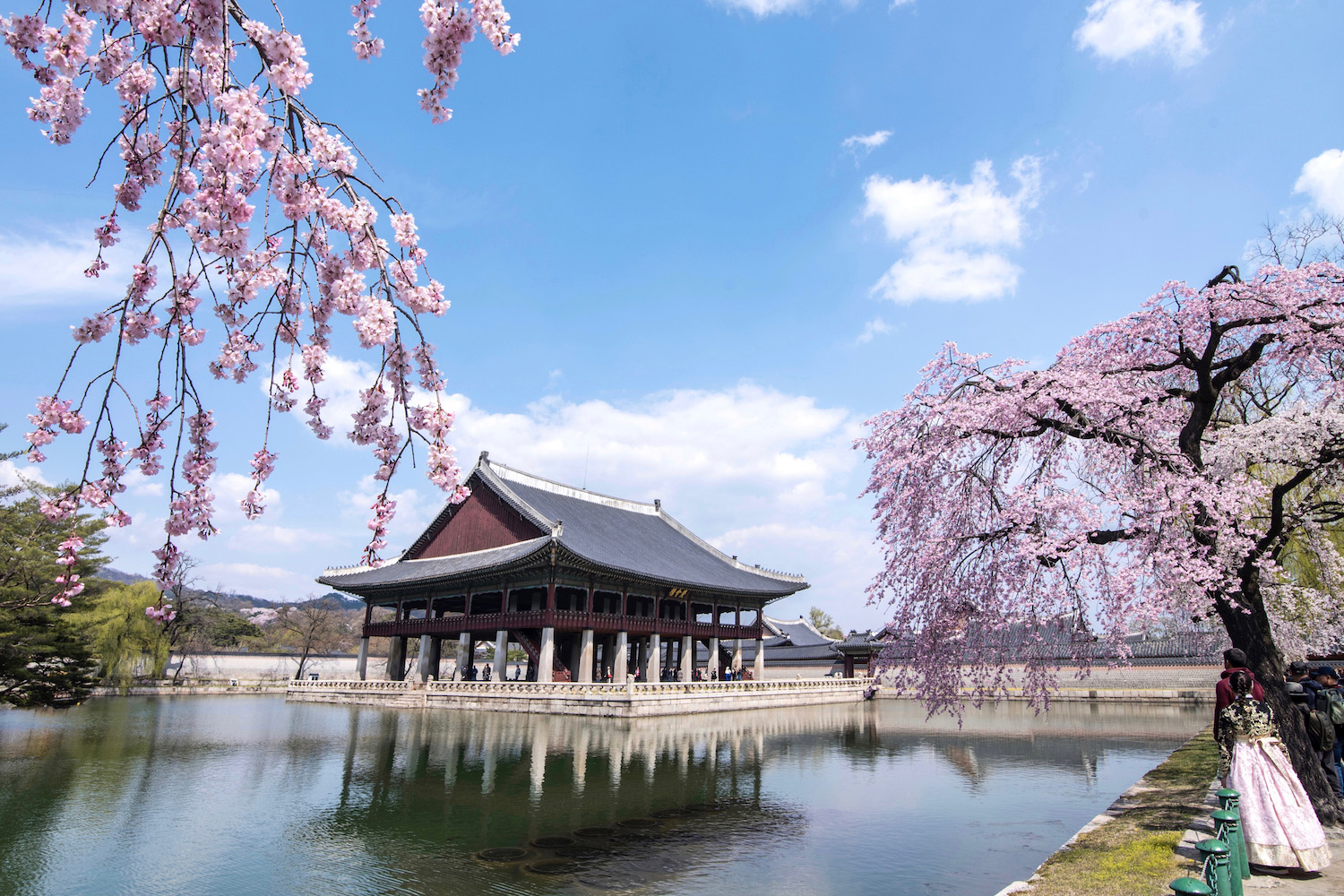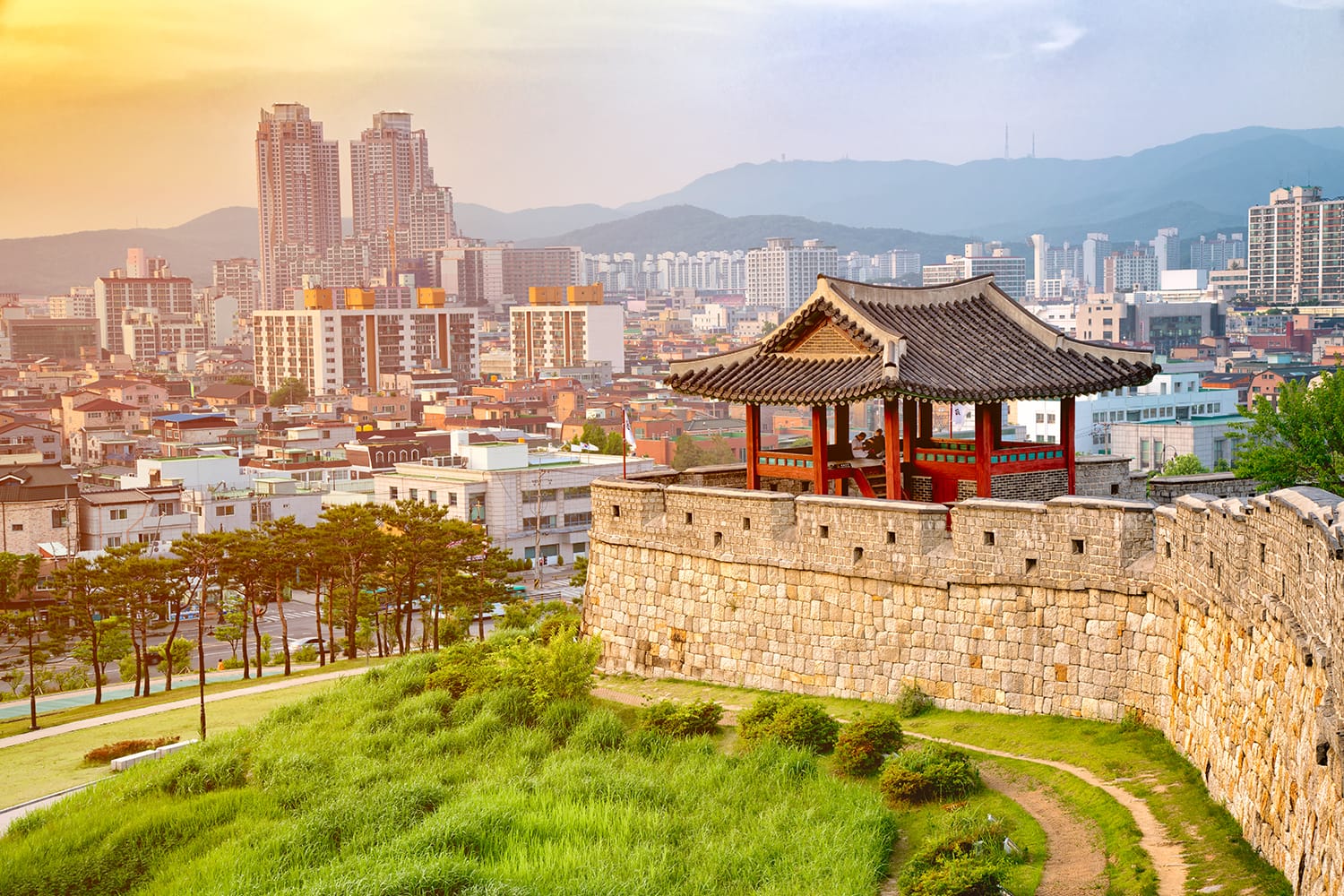Korea News: Latest Updates & Insights You Need To Know!
Is the Korean Peninsula, a region steeped in history and strategically positioned in Northeast Asia, a focal point of geopolitical tensions and cultural exchange? The answer, a resounding yes, is substantiated by ongoing developments, historical divides, and the enduring cultural influence that defines this dynamic corner of the world.
The Korean Peninsula, nestled at the heart of Northeast Asia, is a region of undeniable significance, defined by its intricate history, geographical location, and ongoing political complexities. Bordered by China, Russia, and Japan, and lying between 33 and 43 degrees north latitude and 124 and 132 degrees east longitude under the World Geodetic System, the peninsula's strategic importance has made it a focal point for international relations for centuries. The peninsula itself, spanning approximately 1,000 km in length and 300 km in width, encompassing both North and South Korea, faces the Sea of Japan (East Sea) to the east, the Yellow Sea to the west, and the Korea Strait to the south.
| Key Fact | Details |
|---|---|
| Official Name | Republic of Korea (ROK) |
| Location | Southern portion of the Korean Peninsula in East Asia |
| Neighbors | North Korea (bordering to the north) |
| Key Geographical Features | Sea of Japan (East Sea), Yellow Sea, Korea Strait, Demilitarized Zone (DMZ) |
| Official Language | Korean |
| Ethnic Composition | Primarily Korean |
| Historical Division | Divided at or near the 38th parallel since the end of World War II |
| Current Political Status | Democratically governed, facing ongoing tensions with North Korea |
| Reference | Korea.net - Official Website of the Republic of Korea |
The seeds of division were sown in the aftermath of World War II. The Cairo Declaration, issued on December 1, 1943, by the United States, Great Britain, and China, promised independence for Korea "in due course." This phrase, intentionally vague, sparked concern among leaders of the Korean provisional government in Chongqing, who sought clarification from the United States, but received no response. The peninsula, after the end of World War II in 1945, was split into two entities: North Korea and South Korea. This division solidified near the 38th parallel and would lay the groundwork for future conflict.
South Korea, officially the Republic of Korea (ROK), emerged as a democratic nation occupying the southern portion of the Korean Peninsula. Its history since the Korean War has been marked by significant economic growth, a flourishing cultural scene, and periods of political transition. The establishment of the First Republic in August 1948, under a presidential system, with Syngman Rhee as its first president, set the stage for the nation's early years. Today, South Korea stands as a modern, technologically advanced nation, a testament to its resilience and commitment to progress.
The Korean War, a devastating conflict that began in 1950, pitted North Korea and its allies against South Korea and its allies. The war, which officially ended with an armistice in 1953, left a demilitarized zone (DMZ) 2.5 miles (4 km) wide, effectively separating the two Koreas. This zone remains one of the most heavily guarded borders in the world, a stark reminder of the ongoing tensions and the unresolved nature of the Korean conflict.
North Korea, officially the Democratic People's Republic of Korea (DPRK), maintains a distinct political system and has frequently been in the headlines due to its nuclear program and military ambitions. Recent developments, including the first official confirmation from North Korea on Monday of sending troops to fight for Russia in the war in Ukraine under the orders of leader Kim Jong Un, highlight the complexities of the geopolitical landscape and the potential for further escalation. South Korea has condemned the North's actions, viewing it as an admission of a criminal act, and decrying the inhumane decision to send young people to fight.
The peninsula's history is far older than the division. People have inhabited Korea for approximately 15,000 years. Korea, as a unified entity, came into existence in 918. Over centuries, it developed a unique culture, known for its traditions, arts, and innovations, including the production of fine silk. The Korean cultural influence continues to resonate, evident in the global popularity of Korean dramas, movies, music (K-Pop), and cuisine. The official website of the Republic of Korea, Korea.net, accessible in ten languages, provides information about the country's culture, sports, tourism, and more.
In contemporary times, South Korea has faced internal political challenges as well. President Yoon Suk Yeol's aborted attempt to declare martial law sparked a fierce backlash and increased pressure on him. This highlights the internal dynamics and the importance of political stability in the context of external pressures.
The peninsula's geographical location makes it a crucial site for trade and commerce. The presence of the Sea of Japan (East Sea), the Yellow Sea, and the Korea Strait underscores its role as a hub for maritime activities. Neighboring countries, including China, Russia, and Japan, add to the region's strategic importance, making the situation on the Korean Peninsula a matter of international concern.
The complexities of the Korean Peninsula extend to cultural exchanges and collaborations. The South African context demonstrates the global reach of Korean traditions, with the art of traditional fermentation finding its way into the South African landscape. The availability of content such as Korean dramas and movies with English subtitles through platforms such as Viki and ondemandkorea, facilitates cultural exchange and further enhances the global awareness of Korean culture.
The division of Korea remains one of the most prominent examples of the unresolved issues of the Cold War. The DMZ, a physical representation of the divide, continues to be a symbol of the ongoing conflict. The international community continues to monitor the situation with a keen eye, acknowledging the need for peace and stability in the region. The recent events underscore that the Korean Peninsula remains at the center of Northeast Asia's geopolitical realities.
Looking ahead, the peninsula's future is uncertain, yet filled with potential. The ongoing efforts towards reconciliation, the continued economic growth of South Korea, and the increasing global interest in Korean culture present opportunities for a more peaceful and prosperous future. However, the presence of North Korea's nuclear program, the enduring military tensions, and the historical divides present significant obstacles. It remains to be seen how the interactions between these forces will shape the future of the Korean Peninsula.

